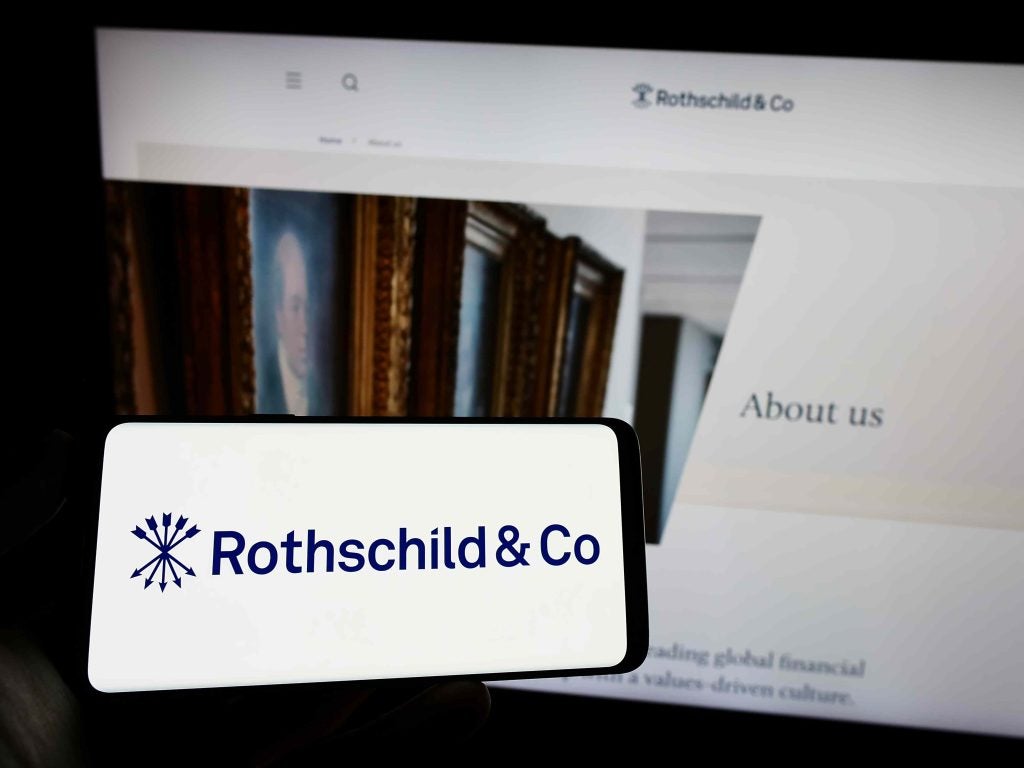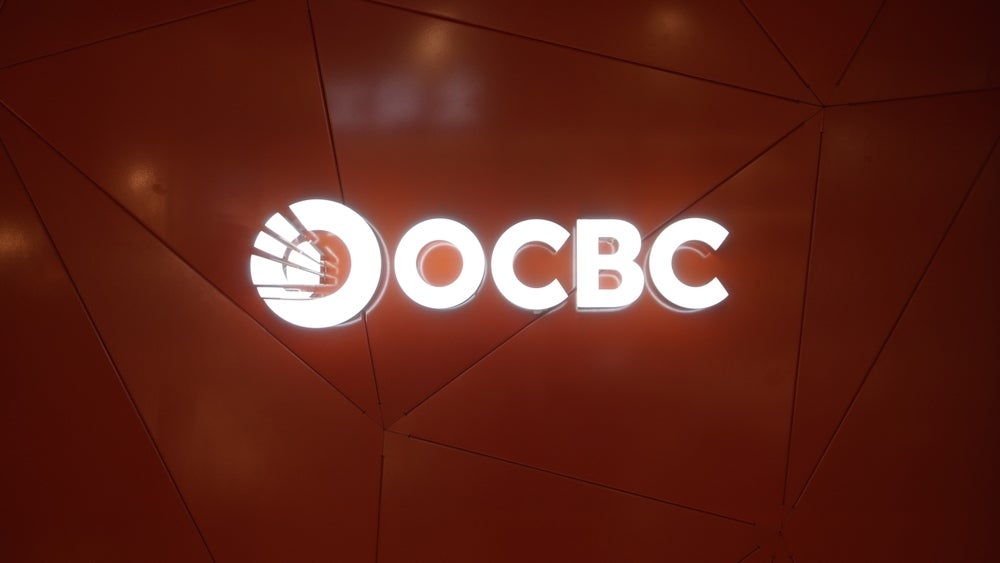
Sebastian Siemiatkowski is “proud” of Klarna’s latest results, despite the Swedish fintech heavyweight’s losses having tripled in the last year. Even though the company is starring down the barrel of a string of existential threats, the CEO of the buy-now-pay-later (BNPL) business believes the company’s best days are ahead of it.
The Klarna CEO’s bullishness would’ve been understandable a year ago. Back then, the company was still riding high on the news that it had become a $45.6bn powerhouse on the back of a $639m SoftBank-led funding round. The valuation firmly cemented it as Europe’s most valuable privately-owned tech company.
It was the culmination of a journey that Siemiatkowski and his co-founders kicked off back in 2005 when they launched Klarna. Under his leadership, the business went from being an obscure Swedish financial service provider into a global juggernaut.
Through a string of high-profile acquisitions and savvy market bets, the company has positioned itself to take on incumbent credit card companies and old-school banks across the planet.
“In the past years, Klarna was rapidly expanding through acquisitions which is why it is now in 45 markets with more than 150 million users,” Chris Dinga, payment analyst at research firm GlobalData, tells Verdict.
However, the Stockholm-headquartered venture has been battered by an unrelenting string of setbacks in 2022. Cracks started to appear in the façade earlier this year as Klarna faced tougher market conditions. First, this forced it to sack 10% of its staff.
How well do you really know your competitors?
Access the most comprehensive Company Profiles on the market, powered by GlobalData. Save hours of research. Gain competitive edge.

Thank you!
Your download email will arrive shortly
Not ready to buy yet? Download a free sample
We are confident about the unique quality of our Company Profiles. However, we want you to make the most beneficial decision for your business, so we offer a free sample that you can download by submitting the below form
By GlobalDataThen rumours started to circulate that the king of BNPL was about to have its valuation slashed to $15bn, $30bn less than its valuation just one year earlier, The Wall Street Journal reported. Klarna dismissed the whispers as “speculation” at the time.
Those rumours proved to be too generous. In July, the fintech suffered an $800m down round that shaved Klarna’s valuation down to $6.7bn. In other words, Klarna fell from being Europe’s most valuable privately-owned tech company to not even ranking among the top 10.
Of course, Klarna is hardly alone. So far in 2022, BNPL providers have struggled in the stock market, abandoned markets, faced growing competition from more established financial service providers and have increasingly dealt with tougher policing across the globe. The fintech sector as a whole has also struggled with investment running dry.
It is against this backdrop that Klarna unveiled its results for the first half of 2022 this week.
Klarna results in a nutshell
On Wednesday, August 31, Klarna announced its latest results, covering the first six months of this year. The resulting headlines made for some gloomy reading. Most of them focused on the fact that the fintech’s losses jumped from SEK1.4bn ($130m) for the same period in 2021 to SEK6.2bn ($577m) in 2022.
Klarna blamed the losses on its rapid international expansion, higher credit losses in a new market and surging staff costs. The company has entered 11 markets since the start of 2020.
The company’s profits are also suffering from the cost of living crisis, which has seen consumers cut spending on fashion and entertainment, which are areas Klarna’s BNPL services specialise in.
Despite these setbacks, Siemiatkowski seemed confident as he addressed the losses in a Twitter thread.
“We’re proud of these results and we continue in our mission to disrupt this trillion-dollar retail banking industry and put more money back into consumers’ pockets,” he tweeted.
Takes a jab at Affirm
Looking at the report, Klarna has a few things to be bullish about. Between January and June, the company’s gross merchandise volume (GMV) jumped by 21%, representing $41bn.
The Klarna CEO said that while the media kept focusing on losses, those were “entirely explained by GMV growth and shift in market mix with doubling our US volumes.”
Siemiatkowski added that even though he “[wouldn’t] usually comment on competitors”, he bragged that “Klarna’s GMV is now almost [five times] the size of Affirm’s and we’re also outpacing them for growth in their home market with our US GMV doubling [year over year], up 109%, [whereas Affirm’s numbers were 75% year over year.]”
A spokesperson from Affirm declined to comment ahead of the publication of this story.
Affirm delivered a 77% GMV of $4.4bn in the last quarter, according to its latest quarterly results. For the fiscal year 2022, it enjoyed a GMV of $15.5bn, an increase of 87%.
What’s next?
While boisterous about the results, the Klarna CEO noted that the venture is in for some rough times ahead. He has previously said that the changing market conditions have meant that investors now want to see BNPL companies become profitable. The fintech top dog is, however, confident that he can deliver on that.
“We’ve already taken a number of preemptive measures to prioritise profitability and growth,” Siemiatkowski tweeted. “You won’t see this impact on financials yet despite having a very agile balance sheet – even for Klarna it’ll take a little time to flow through. Q3 will be better, Q4 even better.”
In his letter to shareholders, Siemiatkowski said Klarna was “profitable for its first 14 years of existence” and that he confidently led the business through the financial meltdown of 2008.
“[Now] investors’ minds are turning back to profitability, but fortunately that is something we know how to do,” he wrote.
Is the BNPL goldrush over?
Klarna’s losses, mass-layoffs and dwindling valuation unsurprisingly raise concerns about the BNPL industry as a whole. The companies in it have been hurt by the same market volatility as the rest of the fintech industry, which has made investors tighten their purse-strings.
At the same time, market watchers note that larger financial service providers – such as PayPal, Mastercard, American Expres, Goldman Sachs, Revolut, Monzo and Apple – are vying for a slice of the BNPL industry. These days, most payment providers have some sort of instalments offering. Is this the end for the smaller firms?
“I wouldn’t say the BNPL goldrush is over but I think we are entering a next stage in the development of BNPL sector,” Dinga says. “BNPL is still at an early stage in their of adoption and it only represented less than 3% of global ecommerce in 2021, so there is plenty of opportunity for growth in this sector.
“The profitability model of this sector is being tested and BNPL providers may have to shift away from their growing strategy to a profitability strategy to convince investors to provide additional funding.”
Part of that push may mean a slight pivot away from consumer products to focus on helping SMEs. Indeed, companies like Resolve, ePayLater, Tillit, Behalf, Biller and Billie, which Klarna invested in last year, are already gearing up to provide such products.
“SME who don’t have cash flow history as they are new can have difficulty accessing loans or line of credits,” Dinga says. “BNPL loans can be the solutions for those companies. And expanding into BNPL for business could be next avenue for growth for BNPL providers.”
Regulatory crackdown is coming
The BNPL industry also faces the looming shadow of tighter policing. Over the years, regulators, market watchdogs and consumer advocacy groups have warned that the soaraway BNPL industry could hurt people’s finances. The fear is that people would end up so deep in depth that they couldn’t come out of it.
As a result, regulators and lawmakers around the world are working on introducing tougher rules for the BNPL industry.
In anticipation of the market overhaul, BNPL players have introduced new measures to keep consumers safe. In the UK, for instance, companies like Klarna and Laybuy have pledged to start sharing customer data with credit agencies in an attempt to prevent people taking on unaffordable debt.
GlobalData is the parent company of Verdict and its sister publications.






